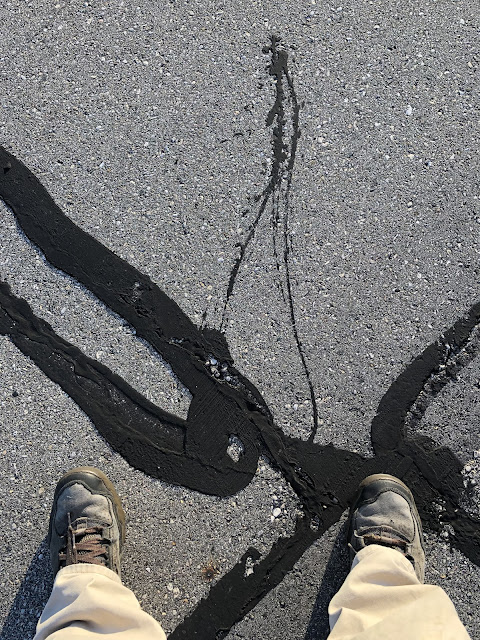If you ever drive down to old Cape Cod, you'll have to have to cross one of two bridges that cross the Cape Cod Canal, unless of course you're driving a boat. That reminds me of the time Jerry and Marion Solom drove their boat Indian Summer to Cape Cod. Jerry planned to traverse the seven mile canal from west to east.
Storm clouds were gathering as Jerry and Marion approached the entrance to the canal. They had lowered the sails and were motoring along when Jerry sent Marion below to monitor the compass. Just then a blinding squall hit. A violent wind churned the waters as Jerry kept heading east. At least it felt like he was traveling in the same direction, till Marion called up "You're going west!"
At first Jerry couldn't believe it. He was sure he had been going the same direction all the time. The rain was so heavy he couldn't see shore. "Are you sure?" He asked. "Yes, the compass says you're going west, out of the canal." So Jerry did a 180 and when the rain slackened he could see they were now headed into the canal as planned. Jerry realized the violent winds had turned Indian Summer completely around. After that Jerry liked to say "Always believe your compass," though he didn't add, "and your wife," but I'm sure he was thinking it.
The Cape Cod Canal opened on this day in 1914, cutting 62 miles off the trip up or down the coast. People had been talking about a canal since colonial days. One settler in the 1700s found a way between a deep cove on one side of the Cape and a stream on the other. It was called Jeremiah's Gutter and Jeremiah collected a toll.
During the 1800s there were numerous attempts to build the present canal. These schemes all ran out of money until a New York financier took on the job. He had already financed the first subway in New York and he hired the leading engineer in the country to oversee the job.
In 1909 crews began digging at both ends of the proposed canal. They immediately ran into numerous 100 ton boulders the glaciers had left behind a few thousand years previously. Divers had to set explosives under the boulders to clear the way. After great expense and five years of work, the financier blended the waters of Buzzard's and Cape Cod Bays and opened the final dam. Meanwhile down in Panama Another canal would open its gates for two weeks later.
The first vessel through the canal was a rowboat manned by the financier's son. A destroyer soon followed carrying assistant secretary of the Navy Franklin Delano Roosevelt. The financier planned to recover his expenses by charging a toll. Because this canal was narrower than the present one, ships could only go in the direction of the tide, which changes every seven hours. Also, a series of accidents in the canal scared ships away. The financier tried to get the government to take the canal off his hands.
In 1928 the government took over the canal and during the depression the improvement of the canal was made a Works Progress project. The canal was deepened and widened from 100' to 480'. New and higher bridges were built so ships no longer had to wait for drawbridges to be raised. During WWII the canal was a way for ships to avoid German subs lurking off the coast.
The canal continues to be a popular route for pleasure boats and commercial ships. There are bike and walking trails along both shores of the canal. During the 1990s some jokers made up bumper stickers which gave drivers access to a fictitious Cape Cod Canal Tunnel. The stickers were a commentary on the horrendous traffic backups on the bridges during the tourist season. Smart people go by boat.
 |
| Fastest way to the Cape |












